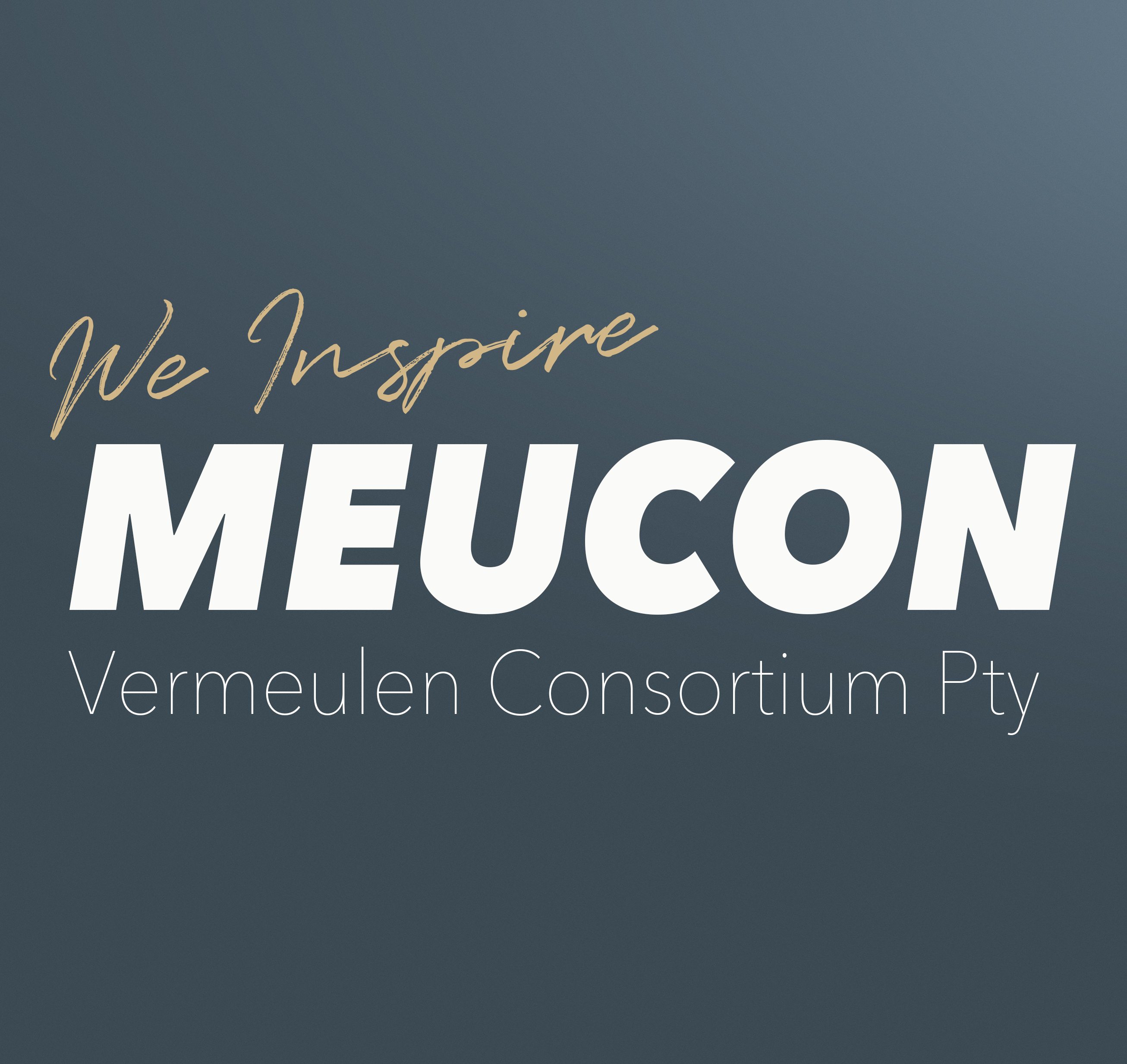
What is a Life Coach – and do I need one?
There are 2 questions within the title of this article and obviously the former needs to be explained to ascertain the latter. These are only two of many questions that are asked though about life coaching and so I’m going to answer some important ones to see if I can be of assistance to you – assuming you need me at all? Well, let’s find out…
What is a Life Coach?
In technical terminology, according to Wikipedia “Life coaching is the process of helping people identify and achieve personal goals through developing skills and attitudes that lead to self-empowerment. Life coaching generally deals with issues such as work-life balance and career changes, and often occurs outside the workplace setting.”’
To elaborate on the definition, what does renowned Life Coach Anthony Robbins have to say about it? “The life coach definition is someone professionally trained to help you maximize your full potential and reach your desired results. They are like a supportive friend and a trusted adviser rolled into one. They’re someone who will push you to identify your goals, hold you accountable and provide encouragement throughout your journey to become a better version of yourself.”
My definition is that life coaching is a solution focussed approach to personal development that can make meaningful change in all areas of your life and ultimately lead you to be a happier person through balance and a life of purpose. A life coach makes you aware of your own abilities, strengths and weaknesses and teaches you to leverage these to arouse the incredibly strong being that lives inside each of us.
Whatever definition you chose, they all do align, and all lead to another frequently asked question which is “Well, isn’t this what therapists do?” Actually, they are not the same.
What is the difference between a Life Coach and a Therapist?
The essential difference is that Life Coaches are not medical professionals and have not been trained to treat many areas of mental health like mood disorders, anxiety disorders, addiction, or any other of the typically less serious mental health conditions.
Counselling, sometimes referred to as psychotherapy, is generally a long-term process involving a healthcare professional who attempts to diagnose and resolve problematic issues like unusual behaviour, relationship concerns, traumatic feelings and sometimes even physical responses. Phycologists focus on traumas that can lead to self-destructive habits and try to treat these by working through painful feelings.
About the author:
Marléne Nunes
Trained as a life coach, TRE advanced provider, QEC practitioner, Pilates & Callanetics instructor, massage therapist, facilitator and trainer; she has coached and trained scores of people through their own journey of mental and physical discovery and transformation. This is Marléne Nunes – living a life of purpose and offering over 35 years of working in the industry and even longer life experience.

BRANDING & WEB DESIGN
I am a Front End Developer and Solutions Expert(MCSE) who became a digital marketer and strategist. I love to create success for people by transforming their online business. If you are starting a business please give me a call (+27 (0) 81 387 0626) or send an email contact me or read more about me here.


